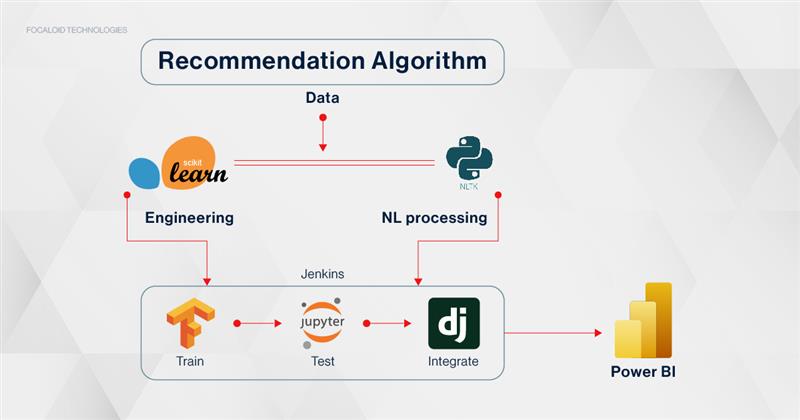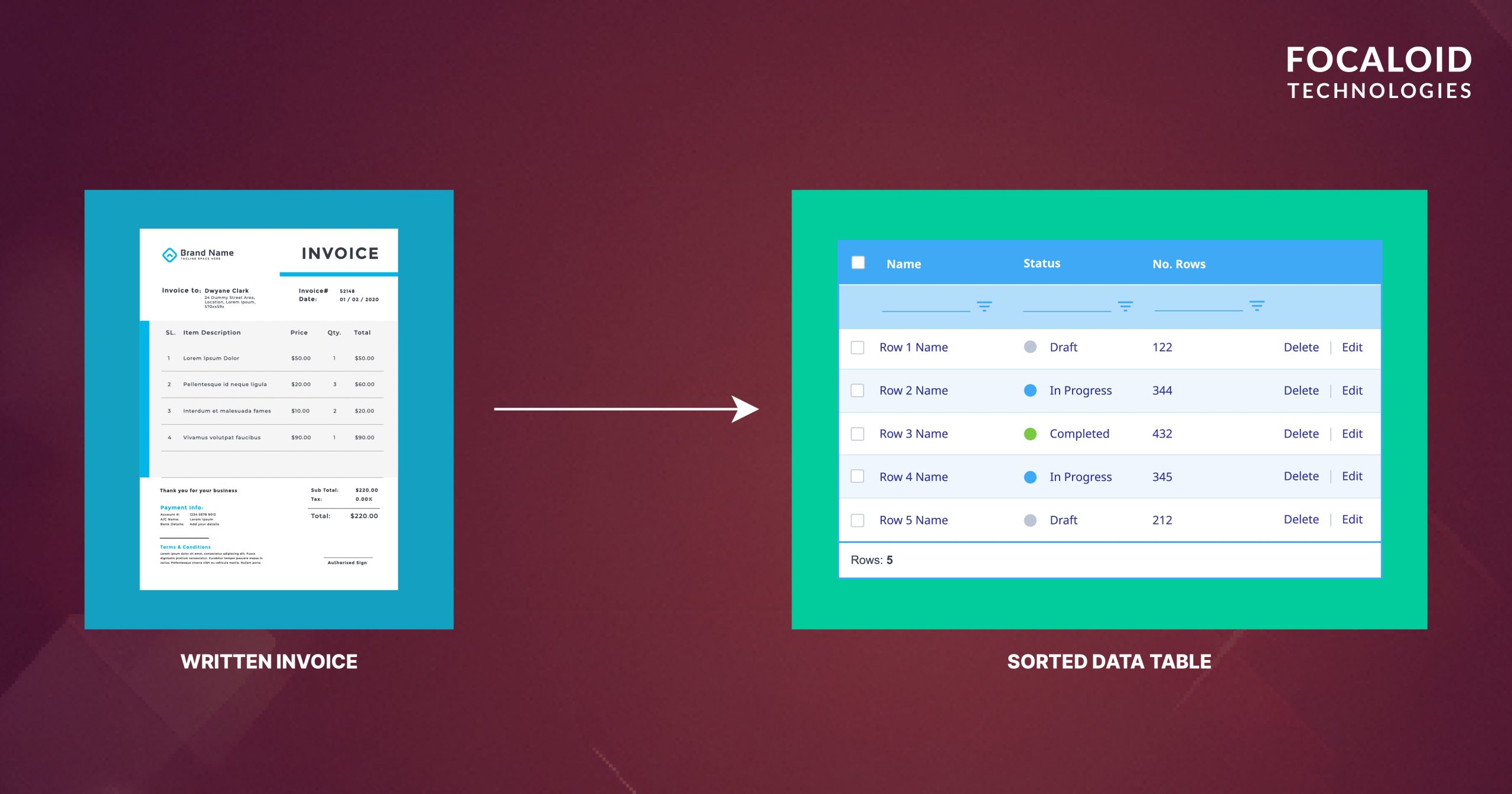AI |
BUSINESS |
IOT |
Startups transforming life in big cities
28/09/2021
20mins
Anish Prakash
BUSINESS,AI,IOT
From the New York City to the Medellin, and from Cairo to Berlin, new start-ups are formed every single day. Today, these startups have been flourishing right in the center of the city rather than the remote technology parks and the suburbs. This model of innovative solutions and startups is fueled by something known as the fourth industrial revolution.
Are there startups based in major cities transforming the life over there, essentially setting up an ecosystem of greater job and economic opportunities? If, yes, then how do they go about it? In order to understand this, we need to consider the evolution of startups in major cities such as the New York City.
The vibrant startup scene in the New York City is a relatively recent phenomenon. Today, there are more than 14500 startups operating in the city that have brought about $6 billion in the capital investments. Indeed, New York City is the most vibrant city in terms of start-ups all over the globe.
However, if you go only 10 years back in time, you may notice that the start-up community in this currently vibrant city was extremely small, disorganized, and essentially scattered.
Considering the transformation that which the startup scene in the city has gone through, allows us to conclude a number of potential impact and characteristics of this model.
Firstly, we can conclude that urban ecosystems like these can create new business opportunities and foster growth. It is important that the ecosystem is linked to the local industry if this is to happen. Take the example of New York City, for instance. The ecosystem of the New York City revolved around fashion, advertisement, and finance. Due to the emergence of a greater number of startups, the traditional local industries were forced to bring innovation if only, to stay in the competitions.
Secondly, startups are also capable of generating new jobs in an urban ecosystem. The new jobs, are the ones that have been replaced by the technology. These, are also referred to as the jobs of the future that emerge from the latest business models of the start-ups. While start-ups also tend to introduce new jobs, the majority of the jobs are the ones that come from the traditional industries. These industries feel the need of a larger workforce, after being forced to introduce technology in their operational processes because of the competitive pressure from the new startups.
Furthermore, we may also conclude that the urban ecosystems attract several resources that can bring local innovation. With a growth in the startup scene, innovation leaders from out of the city are attracted to it. This may include the research and development institutions, for instance. This further intensifies the competition for innovation in the local environment.
Atop that, it is possible for the social dynamics of an entire neighborhood to change because of an increase in startup support infrastructure which includes accelerators, incubators, and co-working spaces. For instance, depressed neighborhoods like DUMBO became the center for economic and social growth ever since the startup scene in New York flourished. It also helped in a revitalization of areas such as Brooklyn, and Manhattan.
Published:
Share:




